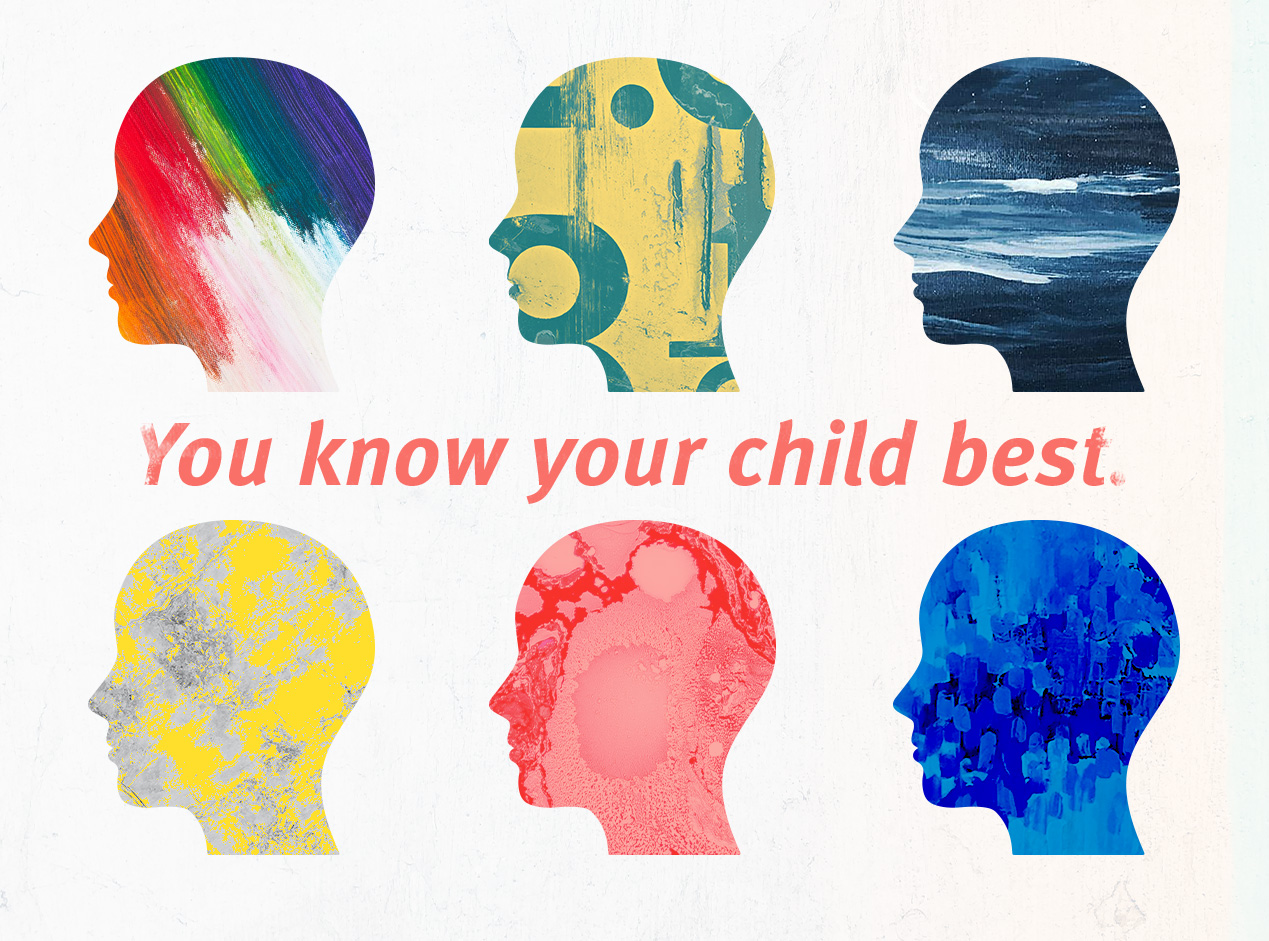Key Points
- Persistence is when you stick at something even when it’s hard.
- It’s about effort, not how smart you are.
- It’s ok to gently challenge your child about persisting with something.
- Notice their effort and celebrate their wins.
Not giving up easily and sticking at stuff when the going gets tough is an essential skill at school, work and in life. And it’s not something you’re born with. There are things you can do to help your child develop persistence, a trait that will help them at school and beyond.
It’s about effort, not how smart you are
People who succeed are those who stick at things. For children who struggle at school, the knowledge that it’s not how smart they are that will determine their success – but their own persistence – can be a powerful motivator.
Remind your child that they can grow their brain through persisting with their learning because in the same way our body’s muscles get stronger when we exercise, our brains grow when we learn.
When they find something hard, remind them that intelligence on its own cannot overcome obstacles; it’s persistence – refusing to give up – that will give them the best chance of reaching their goal.
Don’t jump in straight away
It’s hard to stand by and watch your child having a hard time, but sometimes it’s better not to step in and fix things, but allow your child to learn through trial and error.
This means sensing when they’ve ‘hit the wall’ and a challenge has gone from a helpful stretch to becoming insurmountable or overwhelming; and when they go from uncomfortable frustration (when learning happens) into a negative thought spiral (when unhelpful habits can form). Every child is different and you know your child’s limits and what will work best for them.

When your child is calm and able to use their thinking skills, guide them through the problem they face. Provided your child is not putting themselves at risk, these situations are a great opportunity for you to let your child develop their problem-solving skills and persistence. When a child can get through something by sticking at it, they experience a sense of accomplishment and their confidence grows.
Give them a nudge when they need it
In the same way the brain grows when we use it, you can also grow your child’s ‘persistence muscles’ by pushing them just a little, bit by bit. Without a little push every now and again, some kids will stay in their comfort zone and miss out on learning new things.
Help your child set positive goals that are challenging but achievable.
The trick is to meet your child where they’re at. If you can give your child a nudge in a supportive way, they can learn to tolerate some discomfort and develop their persistence. Every child is different and you will know your child’s limits and what will work best for them.
Create the right conditions
Sometimes when your child is struggling to stick at something, there might be something else going on.
Check-in and see if they are:
- hungry or tired,
- need to get some exercise, or
- just need to connect with you and talk about something that’s on their mind.
All these things can affect your teen’s ability to stick at things. You can support them by creating the best conditions for them to persist with what they need to do, so they can meet whatever challenges come their way.
Read the moment and don’t push them at the wrong time. Sometimes you can achieve more by letting some time pass and suggesting they do something less demanding before picking up a task again.
Use their spark
Use their spark – something they love and enjoy doing – to help them experience what sticking at something feels like. Their spark can give them a goal to strive for and help them develop their persistence as they pursue something they truly enjoy. When they experience the rewards that can follow from persisting with something, they can take this knowledge and skill into other situations they may find harder and use it to help them keep going.
Model persistence in what you do
You or a trusted adult can be a role model when it comes to persistence:
- When your child sees you sticking at things – even when they are hard – they learn that not giving up is an important skill in life.
- Talk openly with your child about some of the things you find hard so they learn that their feelings of frustration are normal.
- Discuss situations where you’ve had to push through and keep going and let them know it was worth it in the end, even if it was hard at the time.
When they see you persisting with things, it gives them the confidence to persist as well.
Celebrate your child’s successes
Remember to let your child know when you are proud of them for persisting with something.
- Celebrate the little wins, no matter how small.
- Remind them of times when they said they would never be able to do something and point out how they managed to get it done by being persistent.
- Any time you see them being persistent, let them know you’ve noticed.
- And if your child puts in the hard work but it doesn’t pay off, recognise their effort by saying, ‘I noticed how hard you worked on that assignment. Let’s see what we can learn from this for next time’.
When your child puts time and energy into something, it’s always worth letting them know you appreciate their effort and recognise their success in persisting with something, whatever the outcome.
Last Updated: 22 February 2024






